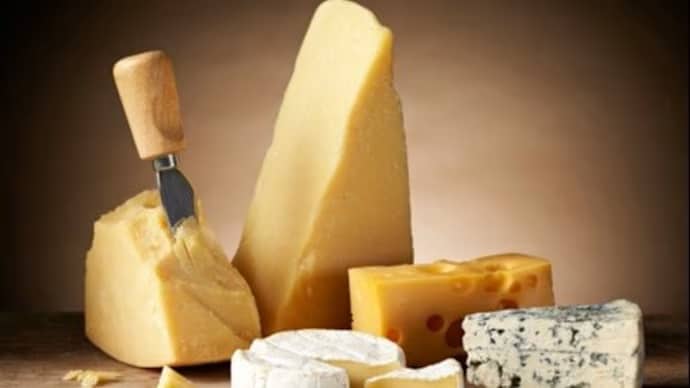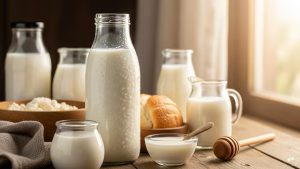
Researchers in Japan have found that eating cheese could lower the risk of dementia or any brain disorder.
Experts have long advised that the benefits of staying active, eating well and abstaining from smoking are keys to our brains getting in shape.
But now, researchers in Japan have found that in addition to these brain-boosting habits, eating cheese could lower the risk of dementia or any brain disorder.
What is dementia?
Dementia is a term used for a range of progressive neurological disorders, affecting the brain. These disorders impact the memory, thinking and behaviour of a person.
There are many types of dementia, in which Alzheimer’s disease and Parkinson’s disease are the most common ones. There is currently no cure for dementia. While drugs slow down its progression, most treatments are symptom-based.

After monitoring the lifestyles and eating habits of over 1,500 individuals aged 65 and above, the study found that those who regularly indulged in cheese performed remarkably better in cognitive tests.
Lead author of the study Hunkyung Kim of the Gaon Research Center and his team, however, noted that further studies are needed to determine the role of dairy intake in cognitive function.
Published in the journal Nutrition, the study analysed the connection between dairy and brain health. The team analysed data from their pool of participants in Tokyo, consisting of individuals aged 65 and above.
The participants were questioned about their dietary habits and overall health. It was found that around eight out of ten participants included cheese in their diet, with options ranging from processed cheese to varieties like brie, camembert and blue mould cheese.
To measure cognitive function, the volunteers completed a comprehensive 30-point exam, evaluating their orientation, attention, memory, language, and visual-spatial skills.
Those who included cheese in their diets consistently scored above the threshold indicating poorer cognitive function, further bolstering the belief that cheese consumption is linked to better brain function.

Additionally, the cheese-eaters showcased lower BMI (body mass index), better blood pressure, a sprightly walking speed, and a wider variety in their diet.
However, they did display slightly higher cholesterol and blood sugar levels.


















